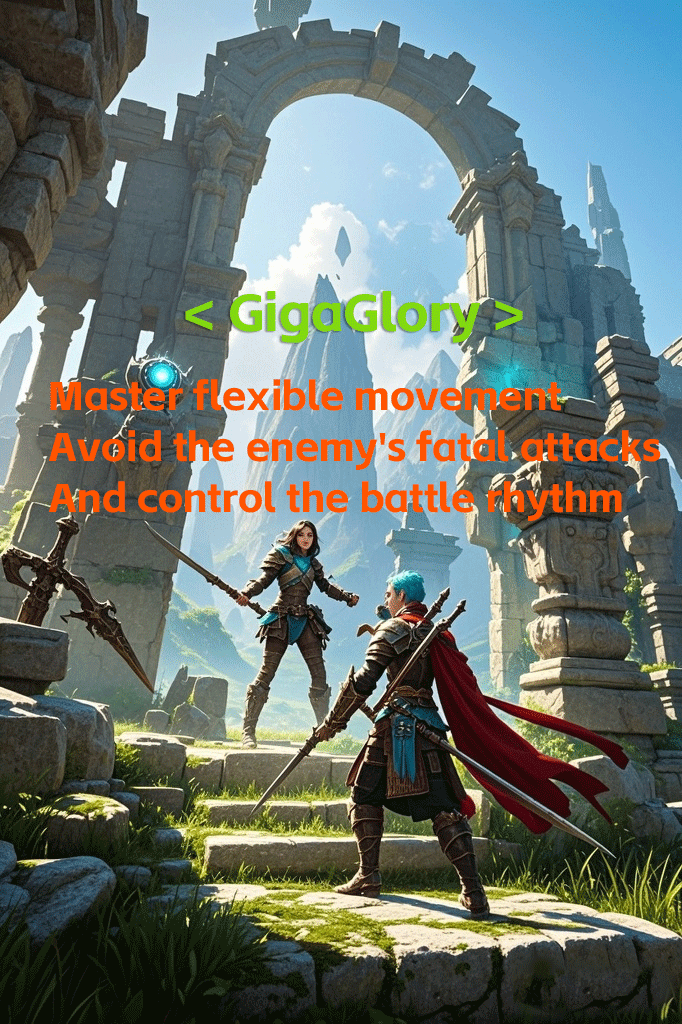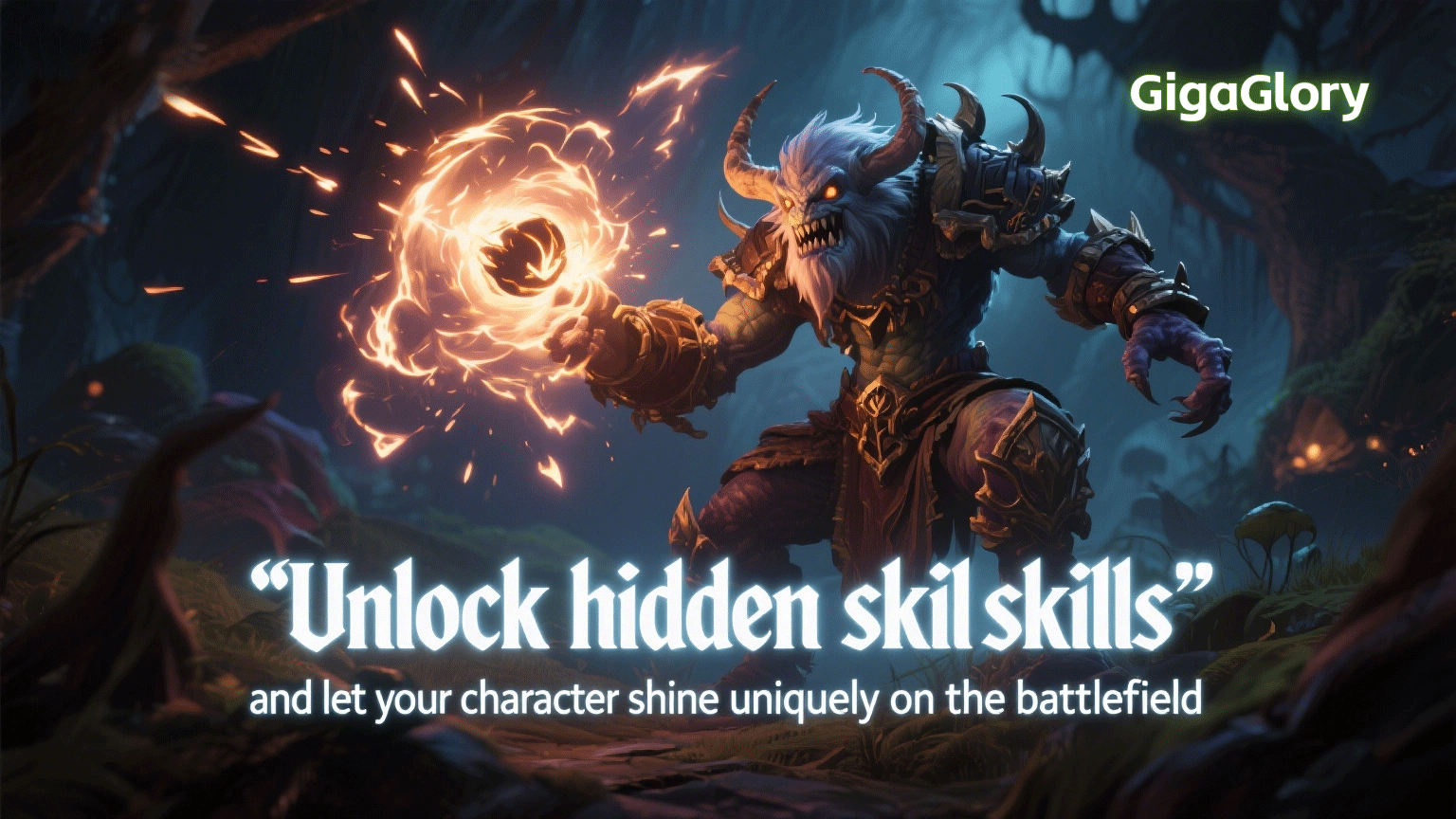RPG Games vs. Real-Time Strategy Games: Which Genre Dominates Your Gaming Experience?
Understanding the Genres
When it comes to video games, players often find themselves caught between two popular genres: RPG (Role-Playing Games) and real-time strategy (RTS) games. Each offers unique gameplay experiences, attracting different types of gamers. But what sets them apart? Let's explore these two genres.
What is RPG?
RPGs are immersive games where players assume the roles of characters in a fictive world. These games often include questing, leveling up, and character customization. Popular titles like The Witcher and Final Fantasy have solidified RPGs as a staple of gaming culture.
Popular RPG Games
- The Witcher 3: Wild Hunt
- Final Fantasy XV
- Persona 5
- Dark Souls
- Kingdom of Amalur: Reckoning
What are Real-Time Strategy Games?
Real-time strategy (RTS) games, on the other hand, focus on strategic resource management and unit control. Players build their armies, gathering resources in real-time, unlike turn-based games. This genre often includes famous titles such as StarCraft and Civilization.
Notable RTS Games
- StarCraft II
- AoE (Age of Empires)
- Civilization VI
- Warcraft III
- Command & Conquer
Game Mechanics: A Comparison
| Feature | RPGs | RTS Games |
|---|---|---|
| Gameplay Style | Character-driven story | Resource management |
| Time Management | Asynchronous | Synchronous |
| Character Development | Levels/Skills | Units/Upgrades |
| Immersion Level | High | Medium |
| Community Engagement | Strong | Variable |
Character Customization in RPGs
One of the most appealing aspects of RPGs is character customization. Players can choose how they want their characters to look, behave, and evolve throughout the game. This engaging feature creates a deep connection between the player and their character.
Strategies in Real-Time Games
In RTS games, success heavily relies on strategic planning and quick decision-making. Players must manage resources wisely and deploy their units effectively against opponents. Timing, tactics, and agility are essential for victory.
The Narrative Experience
RPGs often feature rich stories, complex plots, and lore that pulls players into a vast world. Players not only play but also experience a narrative that evolves with their decisions. RTS games, however, prioritize gameplay and mechanics over storytelling.
Visuals and Aesthetics
Both genres showcase stunning visuals, but their aesthetics can differ vastly. RPGs typically depict expansive landscapes, character designs, and intricate environments, while RTS games focus more on a structured battlefield layout and unit designs.
Multiplayer Options
Multiplayer modes exist in both genres, but they differ in execution. RPGs, like MMOs (Massively Multiplayer Online games), emphasize cooperation in a storytelling environment, while RTS games often focus on competitive matchups and team strategies.
Accessibility and Learning Curve
New players sometimes find RPGs welcoming due to their storytelling nature and gradual skill-building. In contrast, RTS games can have a steep learning curve, as players must juggle strategy, resources, and real-time decisions all at once.
Kingdom of Amalur: The Chest and Brazier Puzzle
For fans of RPGs, “Kingdom of Amalur” offers an engaging world filled with unique puzzles, such as the chest and brazier puzzle. This engaging quest challenges players to think critically and creatively, a hallmark of the genre.
Choosing the Best RPG Games on PlayStation
When it comes to RPGs on PlayStation, several titles stand out as the best:
- Final Fantasy VII Remake
- Persona 5 Royal
- Ghost of Tsushima
- The Last of Us Part II
- Horizon Zero Dawn
Future Trends in RPG vs. RTS Games
With emerging technologies like VR and AR, both genres may see exciting developments in gameplay. RPGs may become even more immersive, while RTS games could introduce enhanced real-time strategies and expansive multiplayer experiences.
Conclusion
Ultimately, whether you favor RPGs or real-time strategy games depends on personal preference. RPGs provide rich narratives and immersive worlds, while RTS games engage players through strategic challenges and tactical warfare. Both genres offer exciting experiences, and many gamers appreciate elements from both. Which one resonates more with you?
FAQs
Q: What makes RPGs unique?
A: RPGs allow players to create characters and explore deep narratives, fostering personal connections with characters and stories.
Q: Are RTS games more competitive?
A: Yes, RTS games typically involve competitive gameplay, often pitting players against each other in strategic matches.
Q: Can you play RPGs solo?
A: Absolutely! Many RPGs are designed for solo gameplay, although some also offer multiplayer experiences.
Q: What are the most popular RPGs today?
A: Some current favorites include The Witcher 3, Final Fantasy VII Remake, and Horizon Zero Dawn.
Q: How do RTS games engage players?
A: RTS games are engaging due to their resource management, strategic planning, and real-time challenges.



